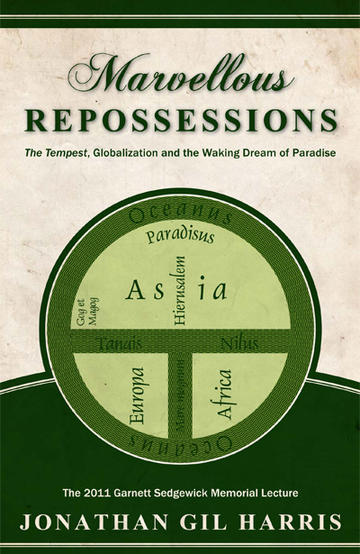About BC Books Online
BC Books Online was created for anyone interested in BC-published books, and with librarians especially in mind. We'd like to make it easy for library staff to learn about books from BC publishers - both new releases and backlist titles - so you can inform your patrons and keep your collections up to date.
Our site features print books and ebooks - both new releases and backlist titles - all of which are available to order through regular trade channels. Browse our subject categories to find books of interest or create and export lists by category to cross-reference with your library's current collection.
A quick tip: When reviewing the "Browse by Category" listings, please note that these are based on standardized BISAC Subject Codes supplied by the books' publishers. You will find additional selections, grouped by theme or region, in our "BC Reading Lists."
For many years now theatre directors have argued about how to present Shakespeare's The Tempest. Originally, the play was seen as Prospero's use of magic to reclaim his European heritage against corrupt usurpers. More recently, the play has been produced as a protest against the ongoing colonialism in the new world. In his 2011 Garnett Sedgewick Lecture at the University of BC, Professor Harris explores the play and its historical background to show how it is driven by a waking dream in which progress towards a glorious future shades into recovery of a lost past. Drawing on the logbook of Christopher Columbus in his voyage of discovery, Harris reminds us how Columbus believed that he was travelling to the East and that he had approached the original Garden of Eden. Moreover, the gold that was to be found in the supposed East would be used to create the prosperity of the West. In his examination of contemporary anti-colonialist productions of The Tempest, Harris shows how there remains a move backwards to an original paradise — in fact replicating the movement within The Tempest itself.



